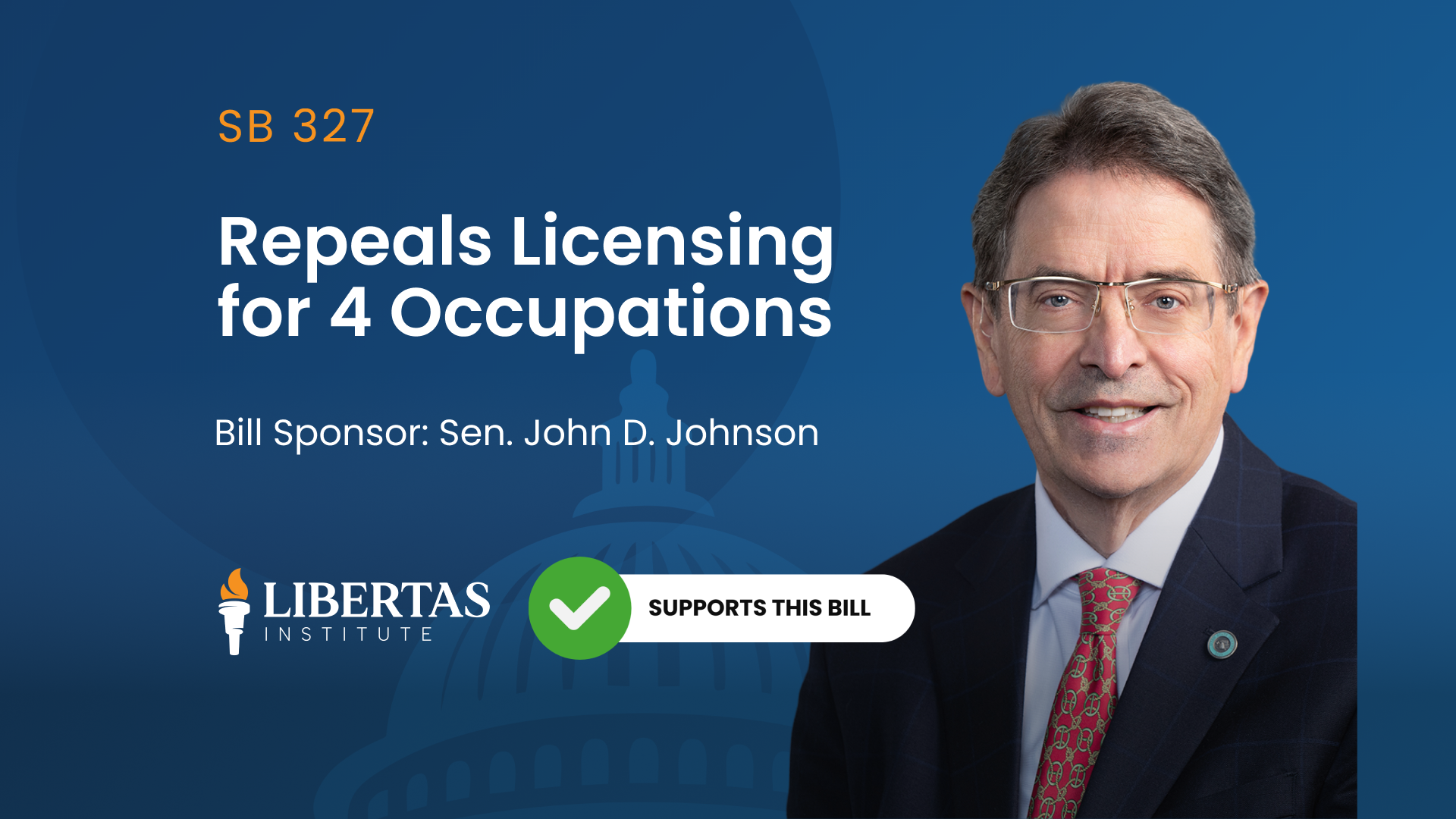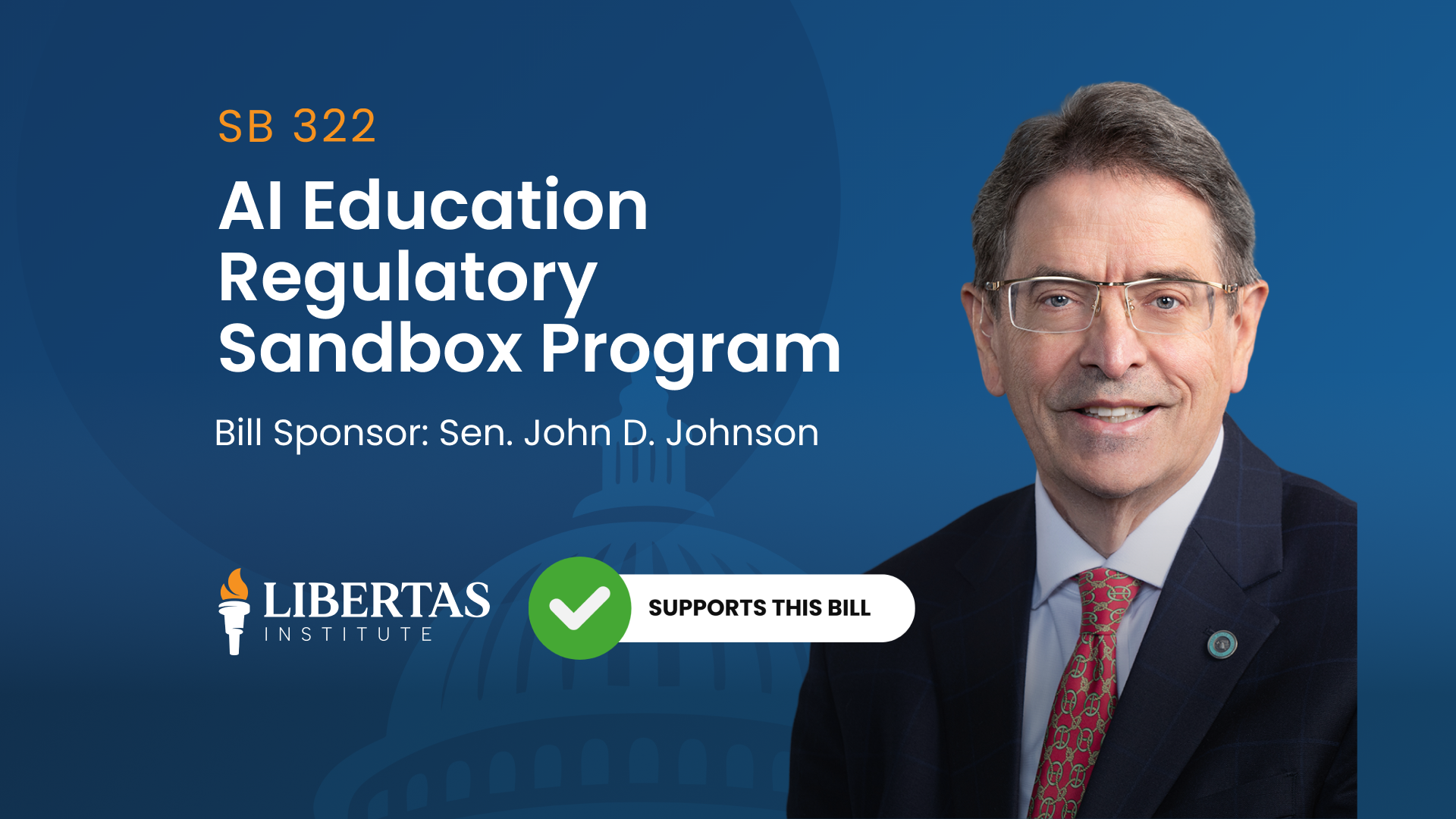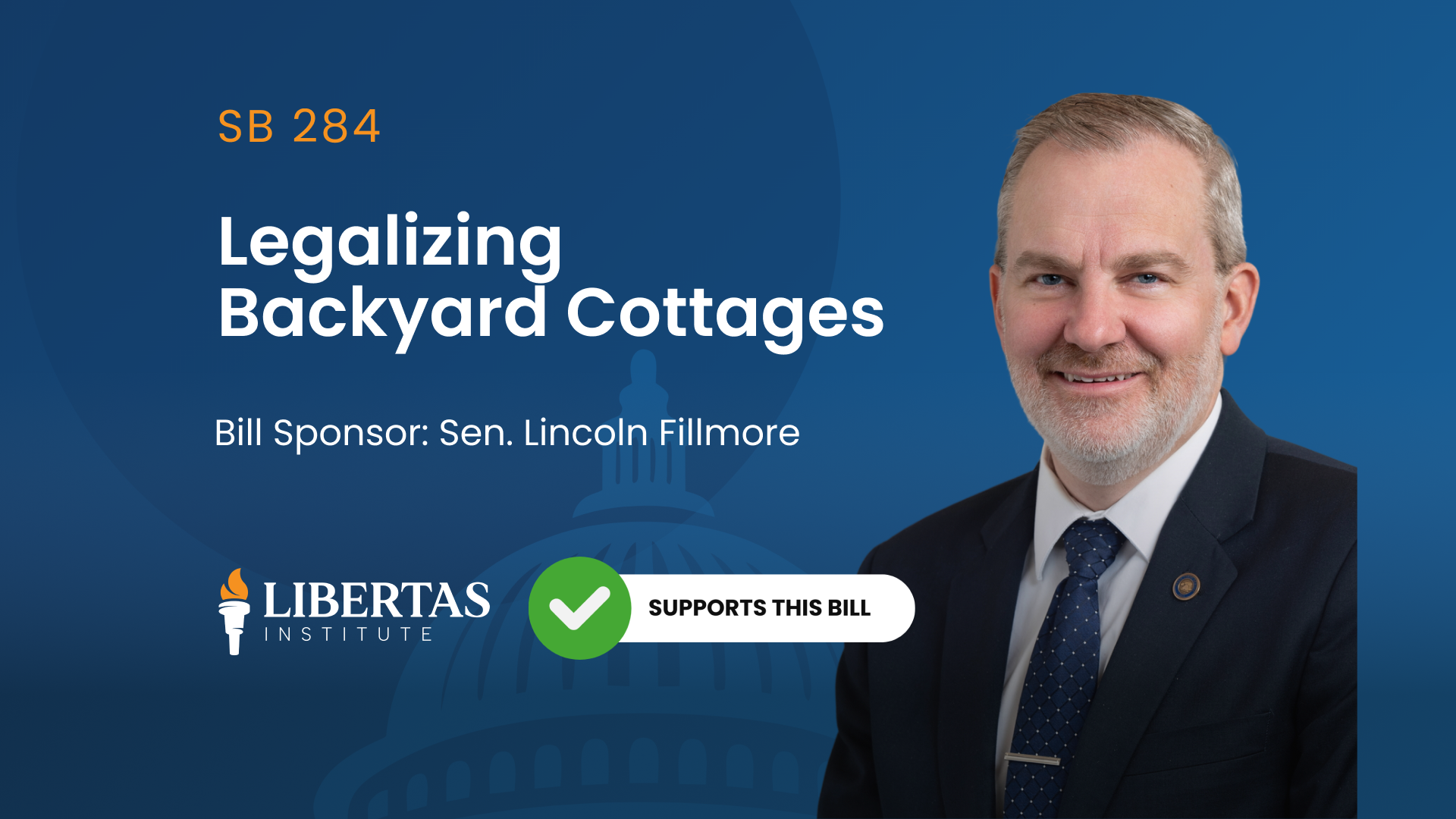This bill was referred by the committee to interim study. Visit our Legislative Index to see the final vote rankings for the 2014 general session.
Libertas Institute supports this bill.
When the NSA facility was proposed in Utah, Governor Herbert was promised that its activities would be in line with the provisions of the U.S. Constitution, most specifically the Fourth Amendment which requires probable cause, a warrant, and a specific description of a person’s alleged crime. As we all now know, in light of the Edward Snowden leaks, that promise has been institutionally violated by the NSA.
And yet, the NSA facility remains in operation in Bluffdale, Utah—a city that has entered into a contract to provide the federal government with over a million gallons of water per day to cool its servers.
A new proposal by Representative Marc Roberts would require that the delivery of this water be terminated as soon as Bluffale’s $3 million bond is paid off.
House Bill 161 defines a “federal data collection and surveillance agency” as an agency that:
- is involved in the routine surveillance or involuntary collection and storage of
electronic data or metadata on any citizen of the United States and claims the legal authority to collect and store electronic data or metadata of any citizen of the United States without either the citizen’s consent or a search warrant that particularly describes the person, place or thing to be searched or seized; or - manages property or facilities on behalf or in support of a federal agency described in Subsection (1).
Because Bluffdale’s contract is with the Maryland Procurement Office, which supports the NSA with the Utah Data Center facility, the provisions of the bill would apply both directly and indirectly to the NSA. Having defined the term, the bill then states that cities throughout Utah may not:
- provide material support or assistance in any form to any federal data collection and surveillance agency;
- use any assets, state funds or funds allocated by the state or a local entity, in whole or in part, to engage in any activity that aids a federal data collection and surveillance agency;
- provide services or assist in any way with the provision of services to a federal data collection and surveillance agency; or
- use any information in a criminal investigation or prosecution provided by federal data collection and surveillance agency.
Additionally, the bill’s “teeth” prohibit a political subdivision of the state from receiving any state funds while in violation of the bill’s provisions. To enforce the law, as provided by the bill, “Any citizen of this state may bring an action in a district court…”
Our outspoken opposition to the NSA, and its data center in Utah, is well known. If Congress and the courts are unwilling or unable to sufficiently restrain this federal agency, then it falls to the states to intervene. Many state legislatures have advanced legislation similar to Rep. Roberts’ bill, but Utah’s unique circumstances, given the large data center warehousing all of our data, suggest the importance of seeing this law pass in our state.




